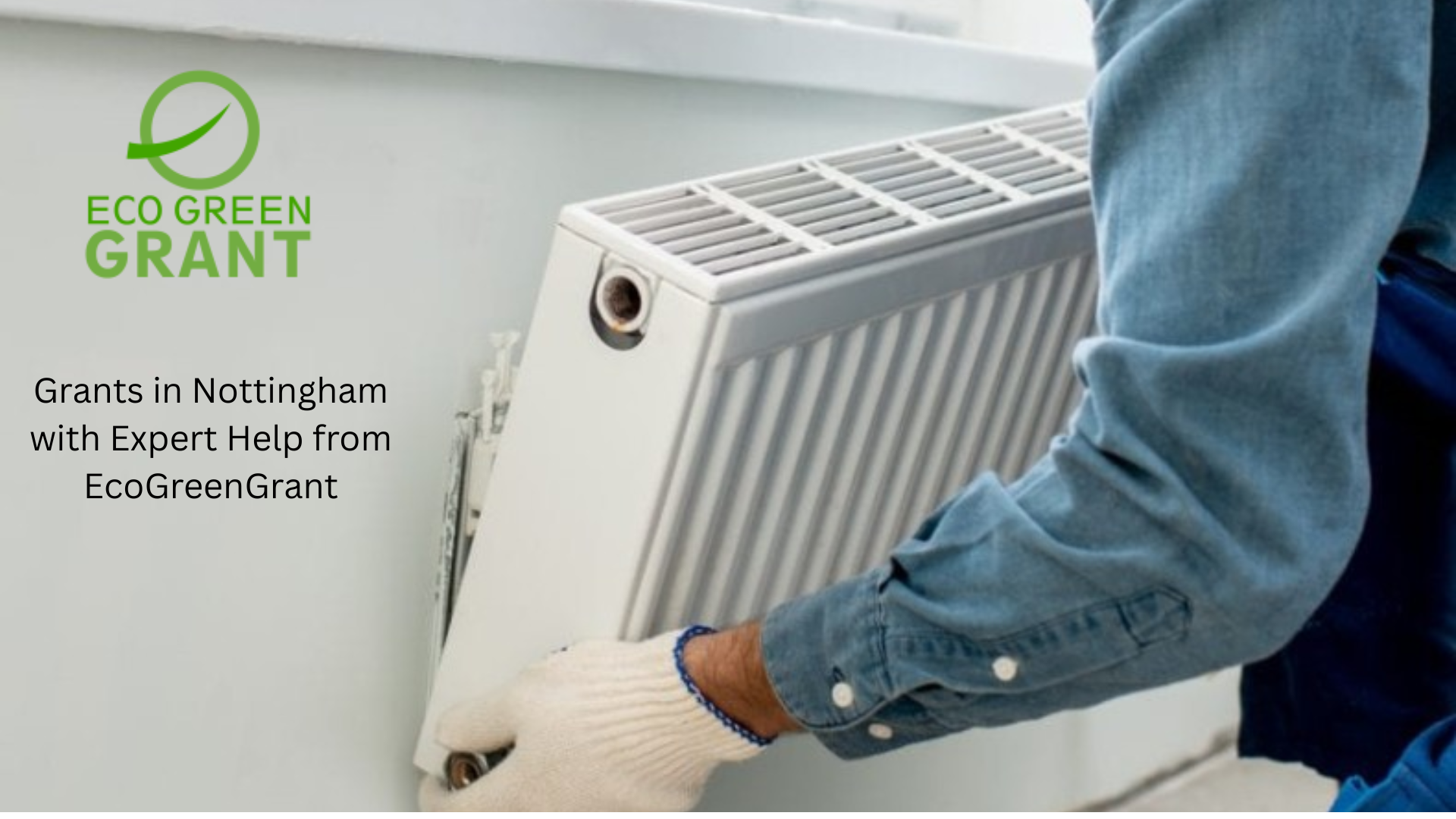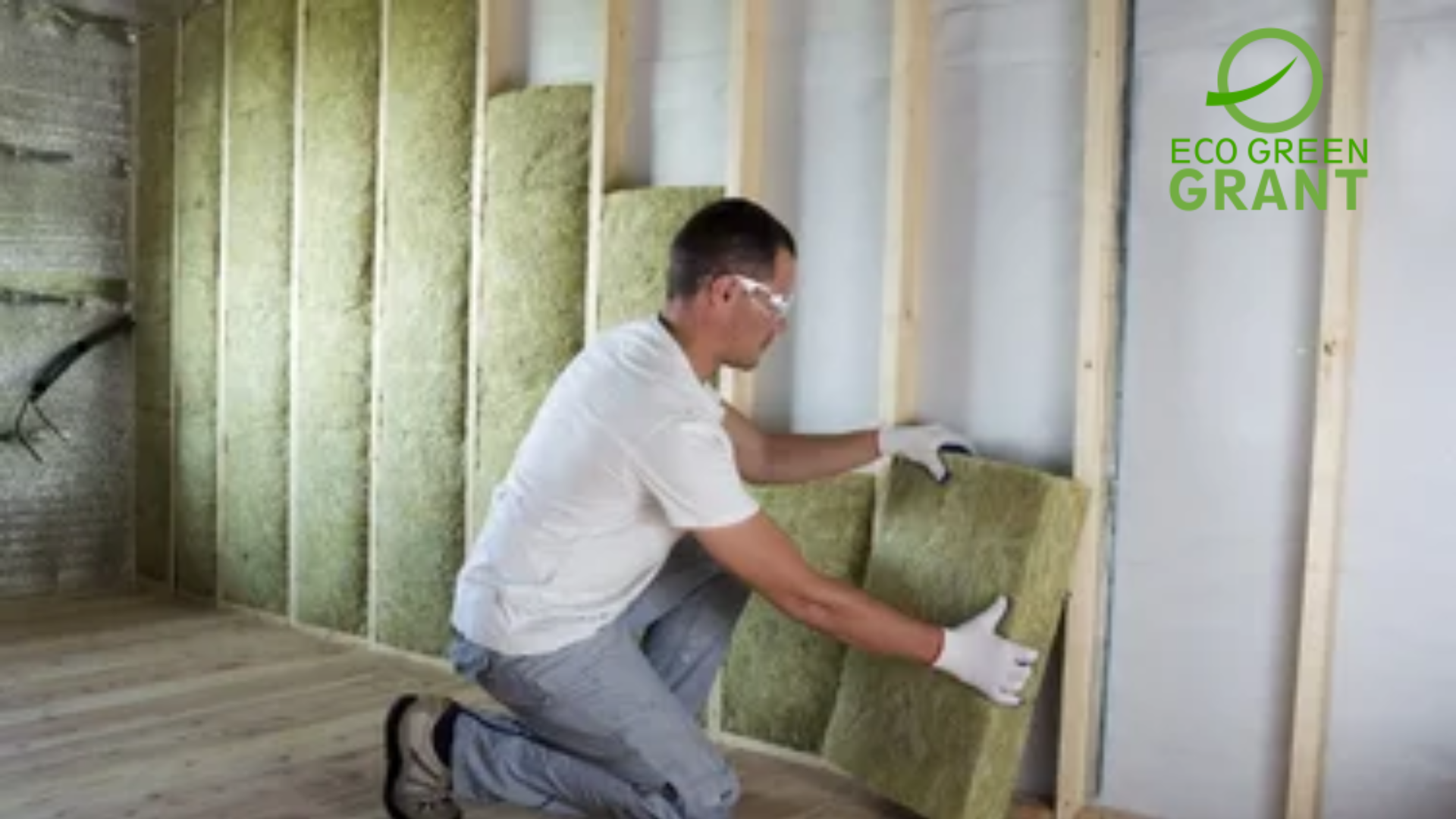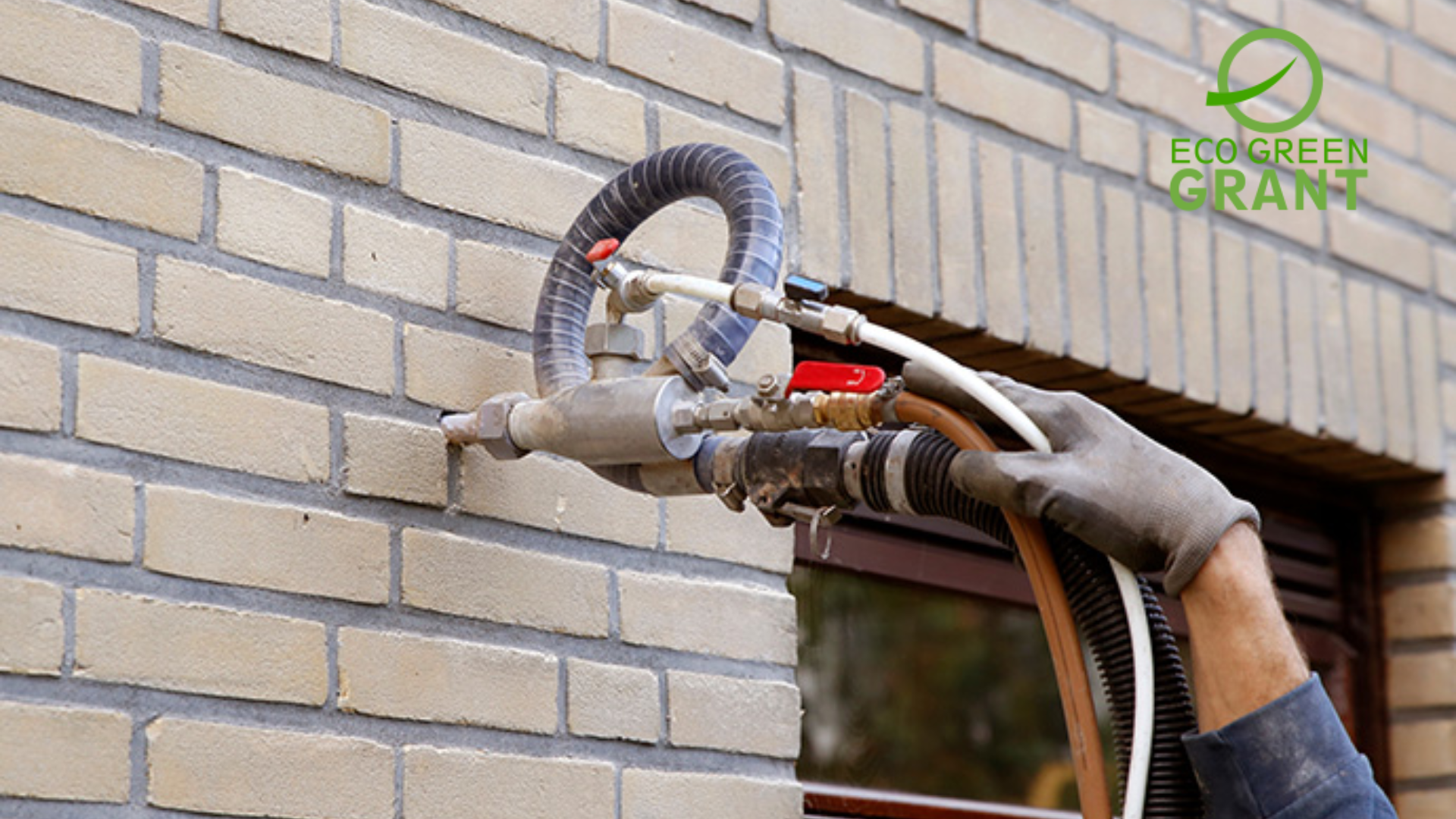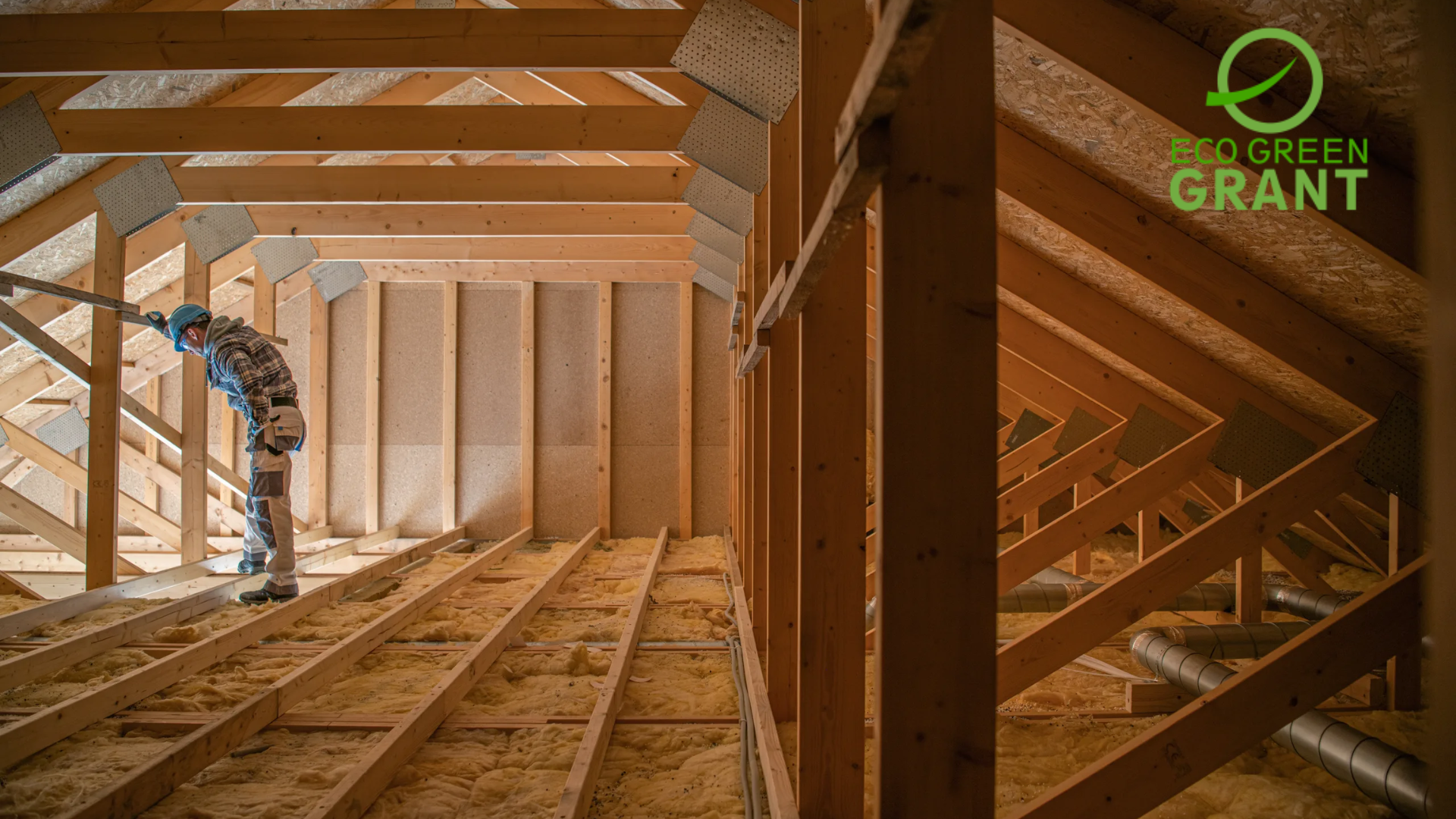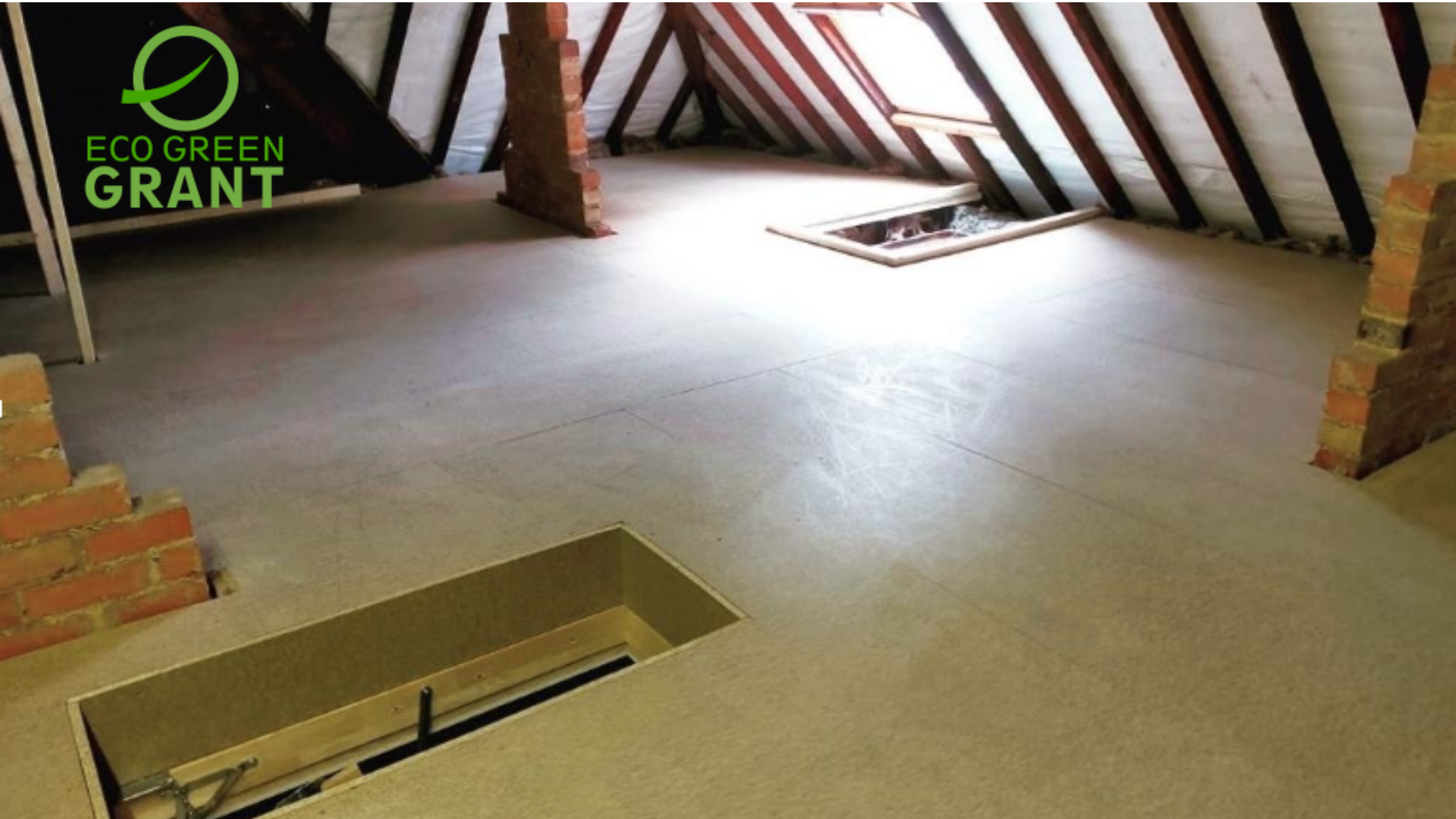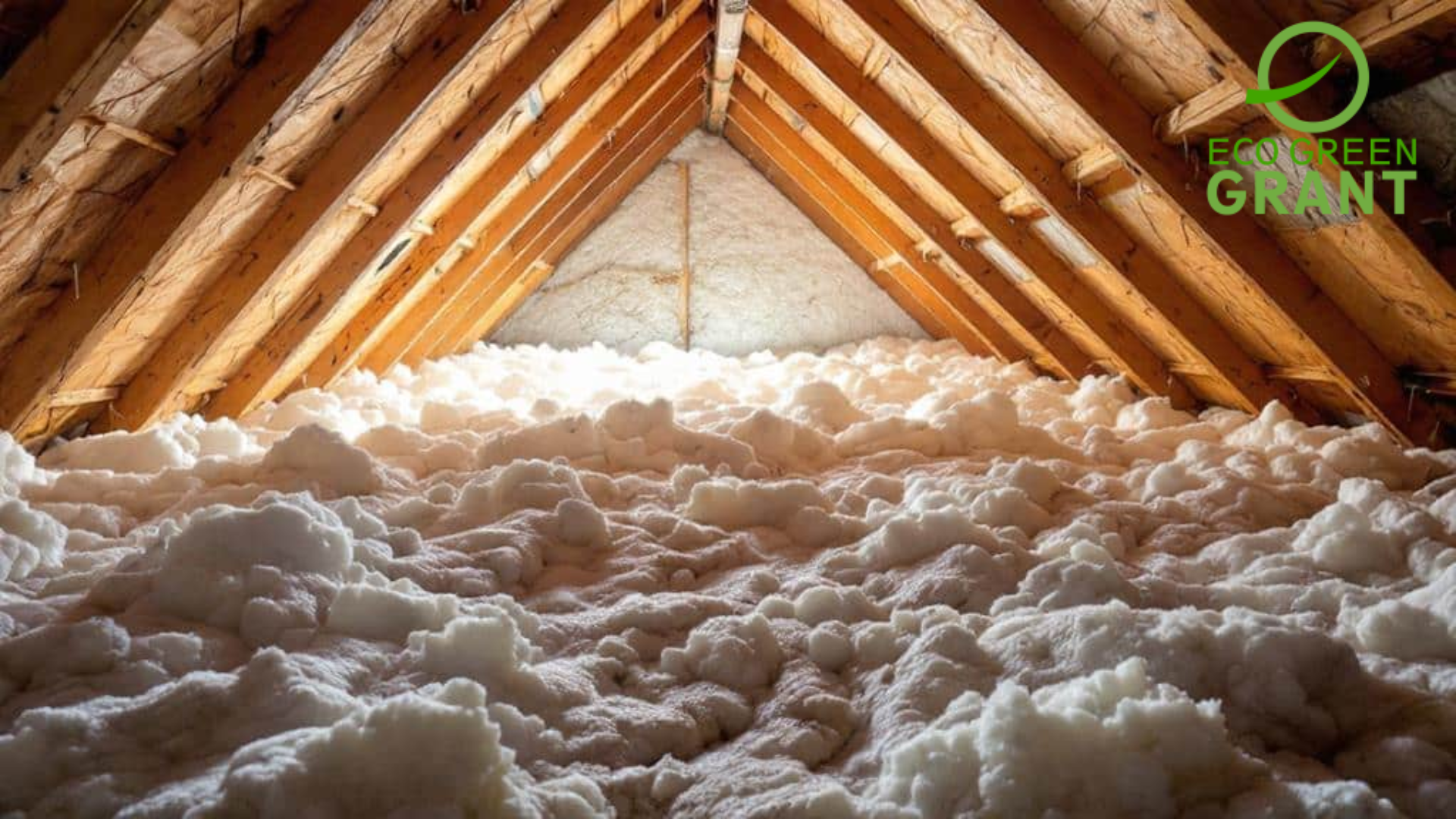With the increasing cost of living and economic uncertainty, many residents in Nottingham may be looking for ways to ease their financial burden. One key way to get help is by applying for household support vouchers Nottingham. This initiative, run by local councils, aims to provide direct financial assistance to those who need it most. In this article, we’ll explain what these vouchers are, how to apply for them, and the impact they can have on your household.
Vital Aid with Household Support Vouchers Nottingham
The household support vouchers Nottingham are part of a government-backed initiative designed to offer short-term financial aid to low-income households. These vouchers are typically provided to cover the essential costs of living, including food, utilities, and other necessary expenses. The program is especially beneficial to those who are struggling to make ends meet due to job loss, illness, or rising living costs.
Purpose of Household Support Vouchers
The main purpose of household support vouchers Nottingham is to provide immediate relief for families facing financial hardship. These vouchers are aimed at covering basic living expenses like utility bills and groceries. By distributing these vouchers, local councils help ensure that no one in Nottingham falls behind on their bills or goes without necessary household items during tough times.
Eligibility Criteria for Vouchers in Nottingham
To qualify for household support vouchers Nottingham, you must meet certain eligibility criteria. Generally, this assistance is intended for low-income households. Eligibility may depend on your current income, whether you’re receiving certain benefits, or if you’re in a vulnerable group, such as the elderly or disabled. However, the specific requirements can vary based on the rules set by your local council.
How Vouchers Help Vulnerable Households
The household support vouchers Nottingham provide crucial support for households experiencing financial difficulties. For vulnerable groups—such as families with children, the elderly, and individuals with disabilities—these vouchers can be a lifeline. The vouchers are typically distributed directly to those in need, making it easier to access essential resources without further delay.
How to Apply for Household Support Vouchers in Nottingham
Applying for household support vouchers Nottingham is a straightforward process, but it’s essential to follow the correct steps to ensure that your application is approved. The process may vary slightly depending on your specific local council, but the general steps are similar across the board.
Step-by-Step Guide to Application
To apply for household support vouchers Nottingham, the first step is to visit your local council’s website. Many councils offer an online application process where you can fill out a form with your personal and financial details. You will need to provide information about your income, household size, and financial circumstances, as well as documentation such as pay slips, benefit statements, or utility bills.
Required Documents for the Application
When applying for household support vouchers Nottingham, you’ll typically need to submit several documents. These may include proof of identity (such as a passport or driver’s license), recent utility bills, payslips, or evidence of any benefits you’re receiving. Be sure to check with your local council to find out exactly which documents are required, as they may differ depending on your specific situation.
Submitting Your Application and Getting Help
Once you have gathered all the required documents, you can submit your application online through your local council’s website. If you encounter any difficulties during the process, EcoGreenGrant.co.uk can offer assistance. They provide step-by-step support for completing your application and can answer any questions about eligibility or required documentation.
Benefits of Household Support Vouchers in Nottingham
Receiving household support vouchers Nottingham can significantly ease the financial burden on households facing tough times. These vouchers offer various benefits, especially for those struggling to meet basic living costs. In this section, we will explore how these vouchers can positively impact your financial situation.
Financial Relief for Essential Expenses
One of the primary benefits of the household support vouchers Nottingham is the relief they provide for essential living expenses. Whether it’s covering food costs, energy bills, or other necessary expenditures, these vouchers allow recipients to keep up with their household needs without the stress of mounting bills. This can be especially important for families and individuals struggling to balance their budgets.
Quick Access to Funds
Another significant advantage of household support vouchers Nottingham is the speed at which they are distributed. Once your application is approved, you’ll typically receive the vouchers quickly. This ensures that you don’t have to wait long for financial assistance, which is critical when you’re facing urgent household expenses. By offering fast access to funds, the program provides relief when it’s needed the most.
Support for Vulnerable Individuals
For vulnerable groups—such as the elderly, those with disabilities, and families with young children—household support vouchers Nottingham offer essential financial help. These groups often face higher living costs and are more likely to struggle with rising prices for food and utilities. The vouchers provide an immediate solution to these challenges, allowing vulnerable individuals to maintain their quality of life and avoid falling behind on essential expenses.
Understanding the Impact of Household Support Vouchers in Nottingham
The household support vouchers Nottingham can have a significant impact on households in need. These funds help alleviate financial stress and provide critical assistance for those who might otherwise fall through the cracks. In this section, we will look at the broader impact of these vouchers.
Supporting Families During Tough Times
For families who are struggling financially, the household support vouchers Nottingham can make a huge difference. The vouchers help ensure that families can continue to put food on the table and keep their homes heated during cold weather, providing stability during times of crisis. By addressing these basic needs, the vouchers give families the breathing room they need to manage their finances more effectively.
Reducing Financial Hardship Across Nottingham
The household support vouchers Nottingham play a critical role in reducing the overall financial hardship faced by residents in Nottingham. With rising living costs, many individuals and families are at risk of falling into poverty or struggling to maintain basic living standards. These vouchers provide an immediate safety net, helping to ensure that vulnerable households do not face further financial difficulties.
Improving Overall Wellbeing of Recipients
By providing much-needed financial support, the household support vouchers Nottingham also have a positive impact on the overall wellbeing of recipients. When individuals and families are not worried about how they will pay for essential items, they experience less stress and anxiety, leading to improved mental health. The financial relief these vouchers provide can contribute to better physical and emotional health outcomes for recipients.
How to Get Help with Applying for Household Support Vouchers
If you’re unsure about how to apply for household support vouchers Nottingham or need help with the application process, there are resources available to guide you. EcoGreenGrant.co.uk is one such platform that offers assistance to residents applying for household support.
Using EcoGreenGrant.co.uk for Application Support
EcoGreenGrant.co.uk provides a user-friendly platform that helps individuals navigate the application process for household support vouchers Nottingham. Whether you need help filling out forms, understanding eligibility criteria, or gathering necessary documents, EcoGreenGrant.co.uk offers step-by-step guidance to ensure your application is submitted correctly.
Navigating the Application Process with Expert Help
The application process for household support vouchers Nottingham can sometimes be confusing, especially for those who may not be familiar with how local councils operate. EcoGreenGrant.co.uk can offer expert advice on how to navigate the system, ensuring you submit a complete and accurate application. With their assistance, you can avoid common mistakes and increase your chances of receiving support.
Ensuring You Meet Eligibility Requirements
Understanding the eligibility requirements for household support vouchers Nottingham can be challenging, but EcoGreenGrant.co.uk makes it easier. They provide tools to help you determine if you qualify for the vouchers based on your income and other factors. By ensuring that you meet the necessary criteria, you can apply with confidence and avoid unnecessary delays.
Applying for Household Support Vouchers in Nottingham
The household support vouchers Nottingham are an essential resource for those in need of financial assistance. These vouchers help provide financial relief for essential living expenses, offering quick access to funds and helping vulnerable individuals and families maintain stability during tough times. By following the application process and seeking support from platforms like EcoGreenGrant.co.uk, you can secure the assistance you need to navigate financial challenges and improve your quality of life.
FAQs
What Are Household Support Vouchers in Nottingham?
Household support vouchers Nottingham are a form of financial assistance provided by local councils to help low-income households cover essential expenses, such as food, utilities, and other necessary living costs. These vouchers are typically aimed at vulnerable groups who are struggling with rising living expenses. They are part of the government’s effort to alleviate financial hardship caused by various economic factors, offering much-needed relief for those who qualify.
How Do I Apply for Household Support Vouchers in Nottingham?
To apply for household support vouchers Nottingham, visit your local council’s website and complete the online application form. You’ll need to provide personal information, proof of income, and other documentation such as utility bills and payslips. If you need help, EcoGreenGrant.co.uk can guide you through the application process, ensuring all required information is correctly submitted to increase your chances of approval.
Who Is Eligible for Household Support Vouchers in Nottingham?
Eligibility for household support vouchers Nottingham typically depends on your income level and financial need. The vouchers are primarily aimed at low-income households, and priority is often given to vulnerable groups such as families with children, the elderly, and individuals with disabilities. Specific eligibility criteria can vary depending on your local council, so it’s important to check their guidelines for full details.
How Long Does It Take to Receive Household Support Vouchers in Nottingham?
After submitting your application for household support vouchers Nottingham, the approval process usually takes between one and three weeks. However, this can vary depending on your local council’s workload and the completeness of your application. If additional information is required or there is a high volume of applications, it may take longer. It’s always a good idea to check with your council for updates on your application status.
Can I Use Household Support Vouchers for Anything Other Than Utilities and Food?
While household support vouchers Nottingham are primarily designed to cover essential living expenses such as food and utilities, some councils may allow you to use them for other necessary household costs. This can include expenses like clothing, household goods, or transportation costs, depending on the specific guidelines of your local council. Be sure to check the terms and conditions of your voucher for full details on what it can be used for.



